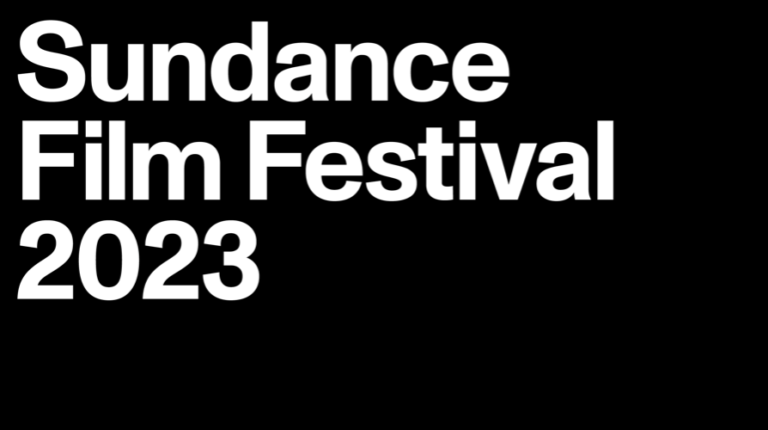
As we prepare our coverage for the Sundance Film Festival, here’s the films that we plan to cover at the festival, please check to see our plan!
WORLD CINEMA DOCUMENTARY COMPETITION
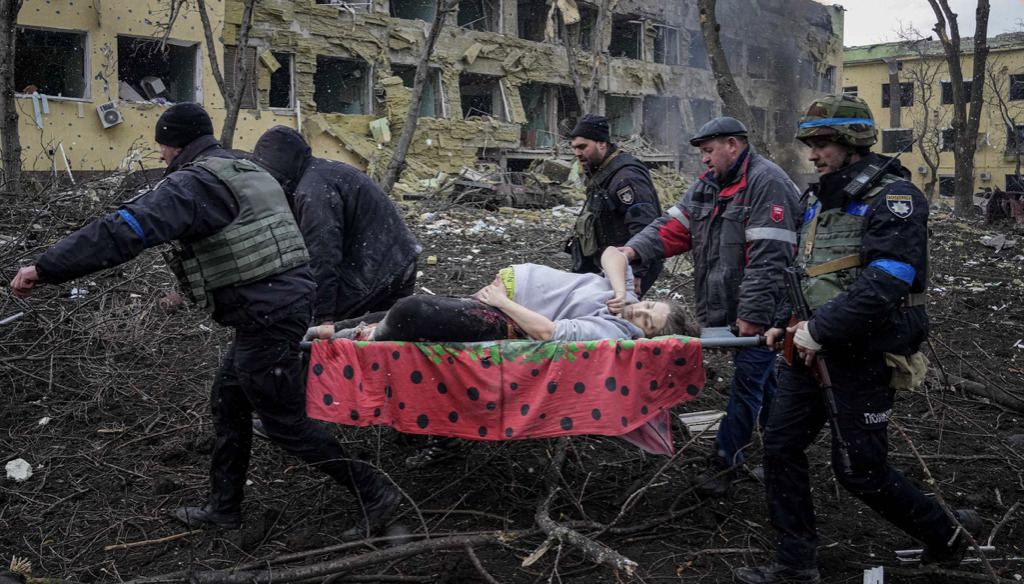
20 Days in Mariupol
On the eve of Russia’s invasion of Ukraine, a team of Ukrainian journalists enter the strategic eastern port city of Mariupol. During the subsequent siege and assault, as bombs fall, inhabitants flee, and access to electricity, food, water, and medicine are severed, the team — the only international journalists left — struggles to cover the war atrocities and to transmit their footage out. Eventually surrounded by Russian soldiers, they shelter in a hospital, unsure of how they’ll escape.
Ukrainian filmmaker and journalist Mstyslav Chernov offers a window into the practices of conflict zone reporters and an unflinching, anguishing account of the 20 days he and colleagues Evgeniy Maloletka and Vasilisa Stepanenko spent covering Mariupol. Their footage, widely disseminated through news media, not only documents the death and destruction — corpses in the streets and mass graves, the bombing of apartment buildings and a maternity ward, doctors despairing children they couldn’t save — but directly refutes Russian misinformation. Seeing so much death, Chernov wonders how capturing any more could make a difference. But residents implore them to let the world bear witness.
WORLD CINEMA DRAMATIC COMPETITION
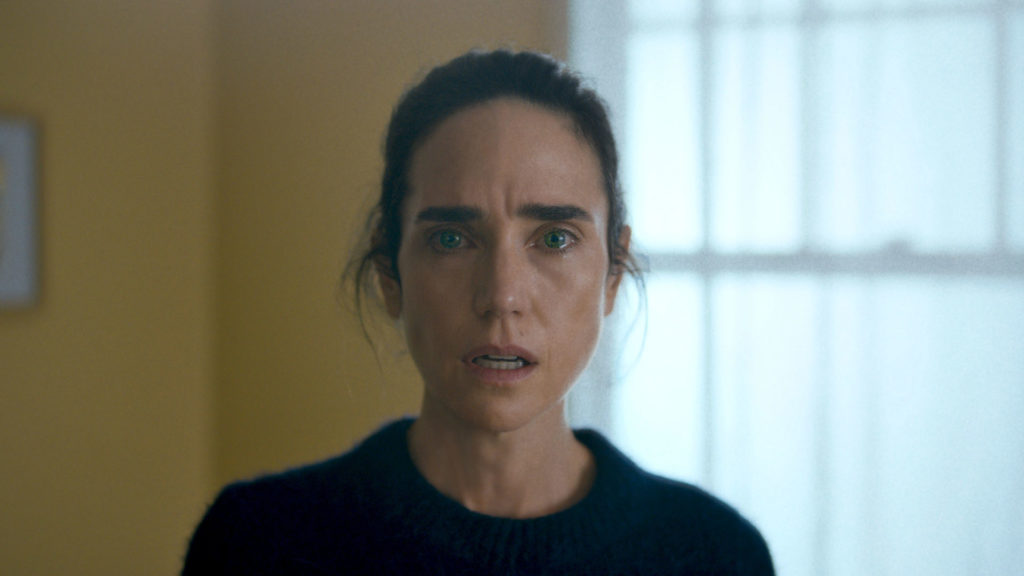
Bad Behaviour
Lucy seeks enlightenment. The former child actress makes a pilgrimage to join her guru, Elon Bello (Ben Whishaw), for a silent retreat at a beautiful mountain resort with a Tesla-crammed parking lot. Before she shuts off her phone to the world, Lucy reaches out to her daughter, Dylan — a stunt person training for a dangerous fight scene — to interrupt her concentration and announce that she will be unavailable and out of range, and that she is very worried about her, and that she might extend her stay. It is co-dependent, bad behavior. When a young model/DJ/influencer at the retreat is paired up with Lucy to do a mother/daughter role-playing exercise, hellfire stokes Lucy’s bad behavior to an astonishing low.
Director Alice Englert’s sophisticated feature debut delivers a surprising, tongue-in-cheek, dark comedic dismemberment of a toxic white woman. Jennifer Connelly is pitch-perfect as Lucy, a woman whose sublimated pain has transformed her into an unavoidable mortal vortex. Bad Behaviour shows that purging anger as a redemption strategy can really get someone hurt.
U.S. DRAMATIC COMPETITION
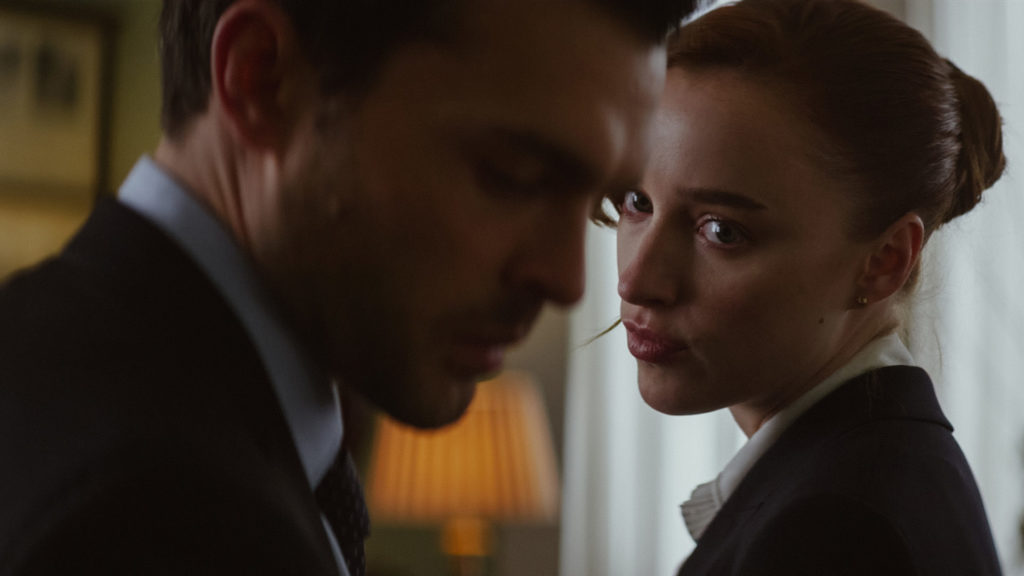
Fair Play
Hot off the heels of their new engagement, thriving New York couple Emily (Phoebe Dynevor) and Luke (Alden Ehrenreich) can’t get enough of each other. When a coveted promotion at a cutthroat financial firm arises, supportive exchanges between the lovers begin to sour into something more sinister. As the power dynamics irrevocably shift in their relationship, Luke and Emily must face the true price of success and the unnerving limits of ambition.
In her explosive feature debut, writer-director Chloe Domont weaves a taut psychological thriller, unflinchingly staring down the destructive gender dynamics that pit partners against each other in a world that is transforming faster than the rules can keep up. Dynevor and Ehrenreich deliver commanding performances as a couple whose romance hardens into ruthlessness when stakes climb higher than even the volatile fortunes of their clients. With razor-sharp precision in its writing and tense cinematography, Fair Play unravels the uncomfortable collision of empowerment and ego.
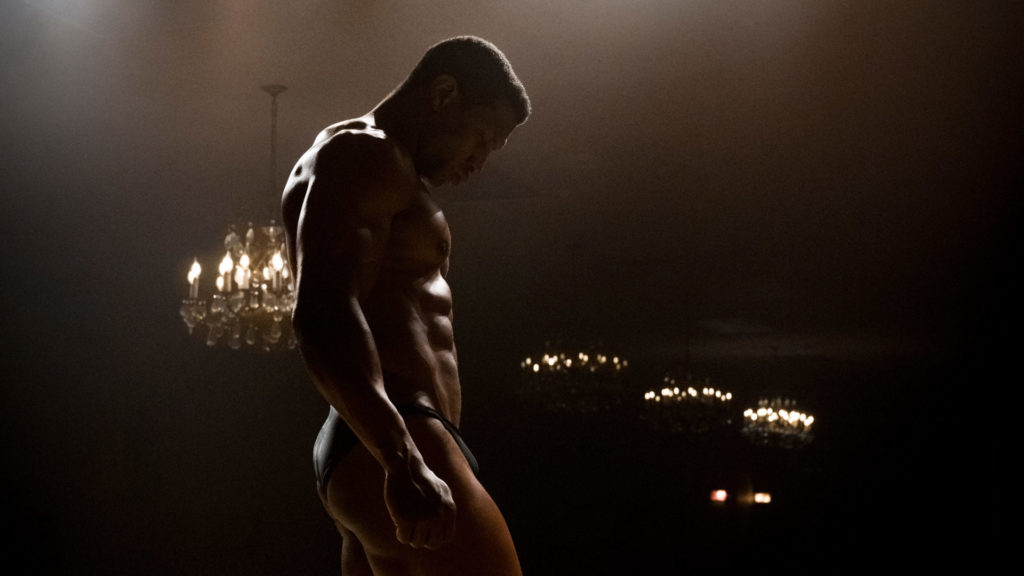
Magazine Dreams
Killian Maddox lives with his ailing veteran grandfather, obsessively working out between court-mandated therapy appointments and part-time shifts at a grocery store where he harbors a crush on a friendly cashier. Though Killian’s struggles to read social cues and maintain control of his volatile temper amplify his sense of disconnection amid a hostile world, nothing deters him from his fiercely protected dream of bodybuilding superstardom, not even the doctors who warn that he’s causing permanent damage to his body with his quest.
Writer-director Elijah Bynum masterfully reveals the duality of Killian’s existence, depicting the toll of a toxic stew of self-imposed pressure to meet unrealistic expectations and hypermasculine role modeling while simultaneously conveying his genuine, if fraught, efforts to fulfill an underlying desire for human connection. Jonathan Majors, in a committed performance of tremendous physicality, powerfully embodies the lengths Killian will go in his desperate need to be seen. Magazine Dreams is a provocative film that respects the dignity of its protagonist as it pulls no punches in portraying the most physically and emotionally painful moments of his darkening odyssey.

Shortcomings
Ben, a struggling filmmaker, lives in Berkeley, California, with his girlfriend, Miko, who works for a local Asian American film festival. When he’s not managing an art house movie theater as his day job, Ben spends his time obsessing over unavailable blond women, watching Criterion Collection DVDs, and eating in diners with his best friend, Alice, a queer grad student with a serial dating habit. When Miko moves to New York for an internship, Ben is left to his own devices and begins to explore what he thinks he might want.
Cleverly and precisely scripted by Adrian Tomine (based on his own acclaimed graphic novel of the same title), the delightful Shortcomings is Randall Park’s assured directorial debut. Exposing a multiplicity of Asian American identities in a fresh and groundbreaking way, the film is poised to challenge audiences with its protagonist Ben — who is cynical and snobbish with a dash of charm — gamely played by Justin H. Min. With wit, humor, and a deep understanding of being an outsider within a marginalized community, Shortcomings embraces the complexity of being human, flaws and all.
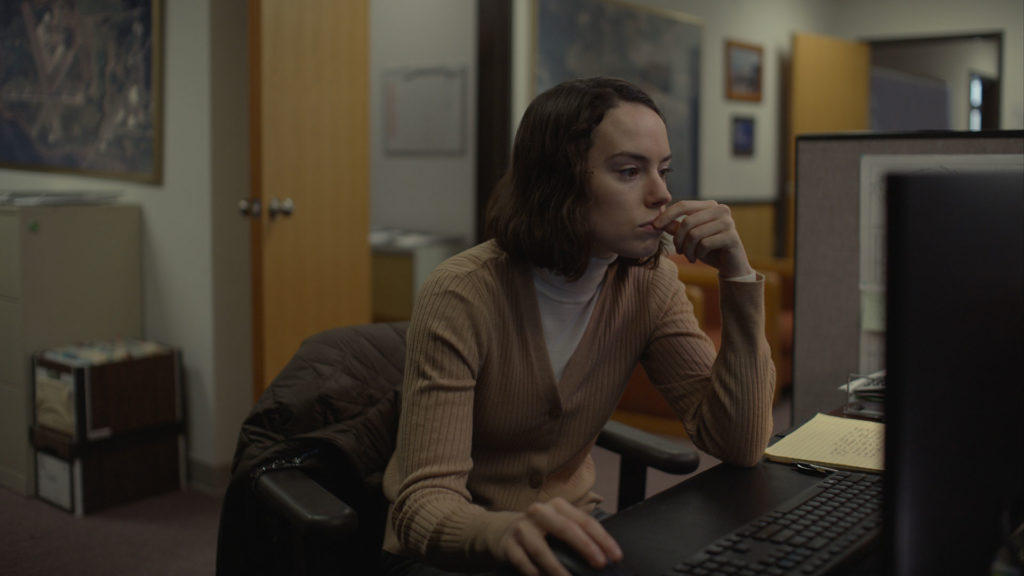
Sometimes I Think About Dying
Lost on the dreary Oregon coast, Fran wastes her daylight hours in the solitude of a cubicle, listening to the constant hum of officemates, occasionally daydreaming to pass the time. She is ghosting through life unable to pop her bubble of isolation. And then Robert starts up at the company. He is new to town and the dynamics of the office. He is a naturally friendly person who keeps trying to chat with Fran. Though it goes against every fiber of her being, she may have to give this guy a chance.
Director Rachel Lambert and team craft beautiful cinema for this delicately told story of love for the socially awkward and emotionally challenged. The film is made all the more human by its lovely cast, most prominent in the penetrating eyes of lead actor-producer Daisy Ridley and the caring smile of lead actor, Dave Merheje. Sometimes I Think About Dying is an unexpected fable on the virtues of living.
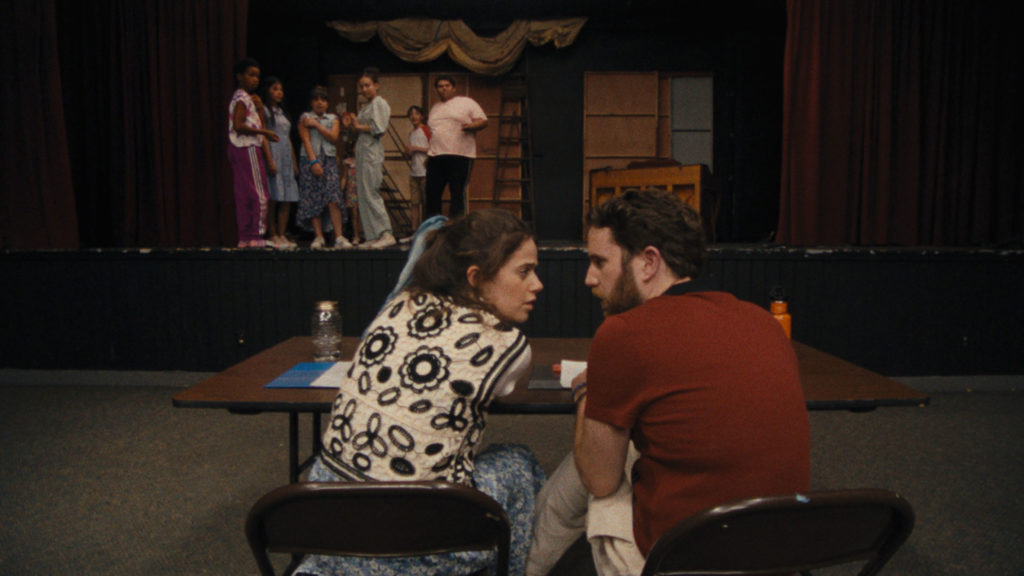
Theater Camp
As summer rolls around again, kids are gathering from all over to attend AdirondACTS, a scrappy theater camp in upstate New York that’s a haven for budding performers. After its indomitable founder Joan (Amy Sedaris) falls into a coma, her clueless “crypto-bro” son Troy (Jimmy Tatro) is tasked with keeping the thespian paradise running. With financial ruin looming, Troy must join forces with Amos (Ben Platt), Rebecca-Diane (Molly Gordon), and their band of eccentric teachers to come up with a solution before the curtain rises on opening night.
First-time feature directorial duo Molly Gordon and Nick Lieberman authentically celebrate the brilliant and slightly unhinged educators and magical spaces that allow kids to be themselves and find their confidence, nailing the details after experiencing decades of camp life. With a winning comedic ensemble cast and boundless creativity, Theater Camp wears its cult-following potential squarely on its sequined shoulders, gifting us with instantly quotable lines and zany, lovable characters in the kind of hilarious mockumentary that deserves rapturous applause.
U.S. DOCUMENTARY COMPETITION
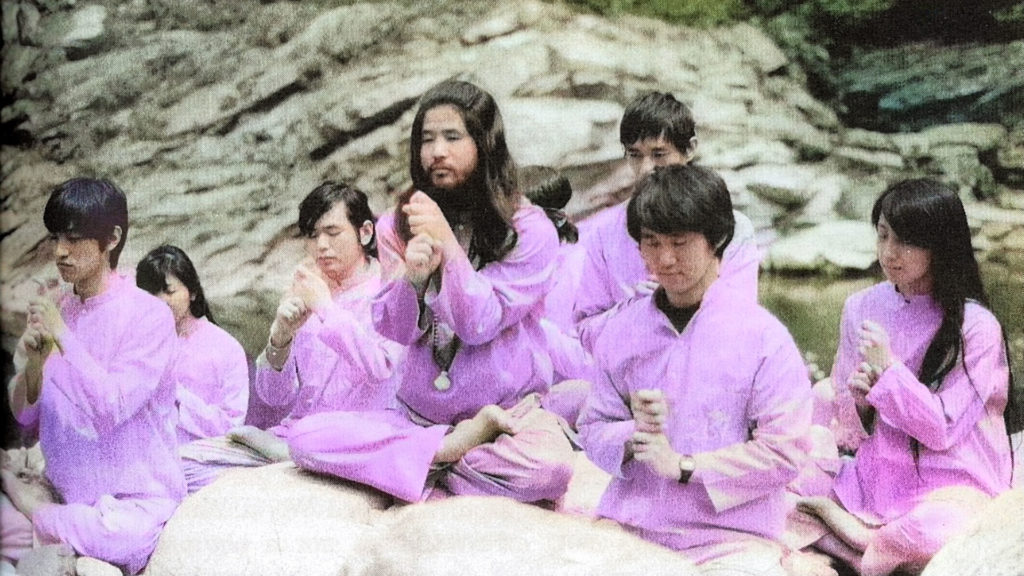
AUM: The Cult at the End of the World
In 1984, Shoko Asahara started a seemingly innocuous yoga school based in Tokyo. By 1995, the group had evolved into a doomsday cult called Aum Shinrikyo, meaning “Supreme Truth,” whose weapon of choice was sarin, an extraordinarily toxic nerve gas first invented by the Nazis during World War II. An unrelenting, in-depth look at the group, AUM: The Cult at the End of the World weaves a chilling narrative from Asahara’s claims of being a reincarnation of Buddha to the 1995 attack on the Tokyo subway system that left 14 dead and injured an estimated 6,000 additional civilians.
From the convenient disappearance of presumed adversaries to the acquisition of Russian weaponry, the warning signs are examined alongside the historical and socioeconomic context that ultimately led to the group being designated as a terrorist organization. Drawing from the book on Aum by acclaimed investigative journalist David E. Kaplan and Pulitzer Prize–winner Andrew Marshall (who both appear in the film), documentarians Ben Braun and Chiaki Yanagimoto make a powerful entrance with their directorial debut.
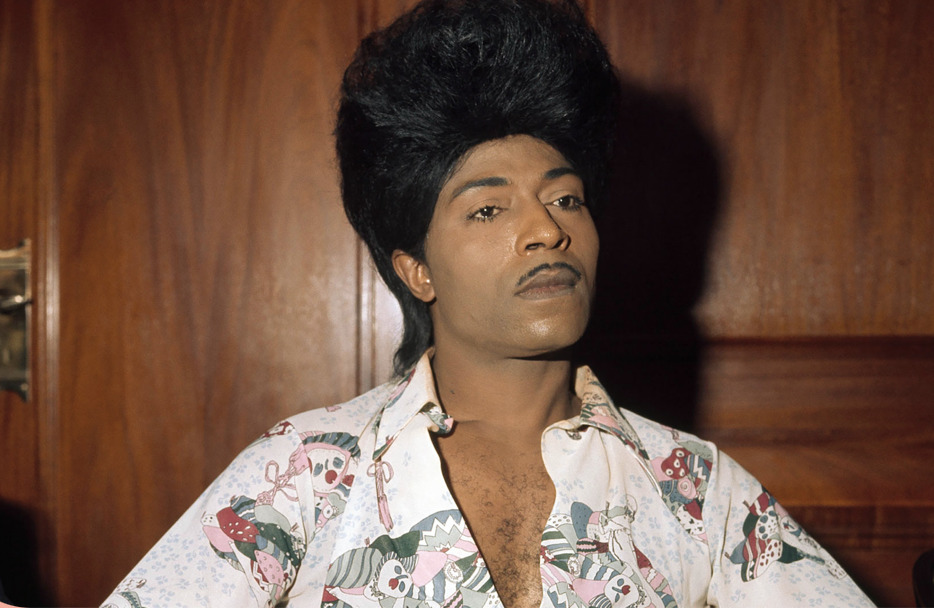
Little Richard: I Am Everything
Like a quasar burning past the gaslight, director Lisa Cortés’ eye-opening documentary explodes the whitewashed canon of American pop music. Little Richard: I Am Everything shines a clarifying light on the Black, queer origins of rock ’n’ roll, and establishes the genre’s big bang: Richard Wayne Penniman.
Testimonials from legendary musicians and cultural figures, Black and queer scholars, Penniman’s family and friends, and interviews with the artist himself all exuberantly reclaim a history that was willfully appropriated by white artists and institutions. Cortés updates the canon with a treasure trove of rarely seen archival footage of Penniman. Among the gems are scenes with his Black and queer predecessors and contemporaries, like Sister Rosetta Tharpe: the mother of rock ’n’ roll who gave 14-year-old Penniman his first break.
Cortés depicts Penniman’s complex journey as a conflicted revolutionary who careened between religion, sex, and rock ’n’ roll, navigating the extreme tensions of race and sexuality of his time. She reminds us that outsiders and outcasts can possess superpowers that, given the chance, can create new worlds for us all to dance in.
PREMIERES
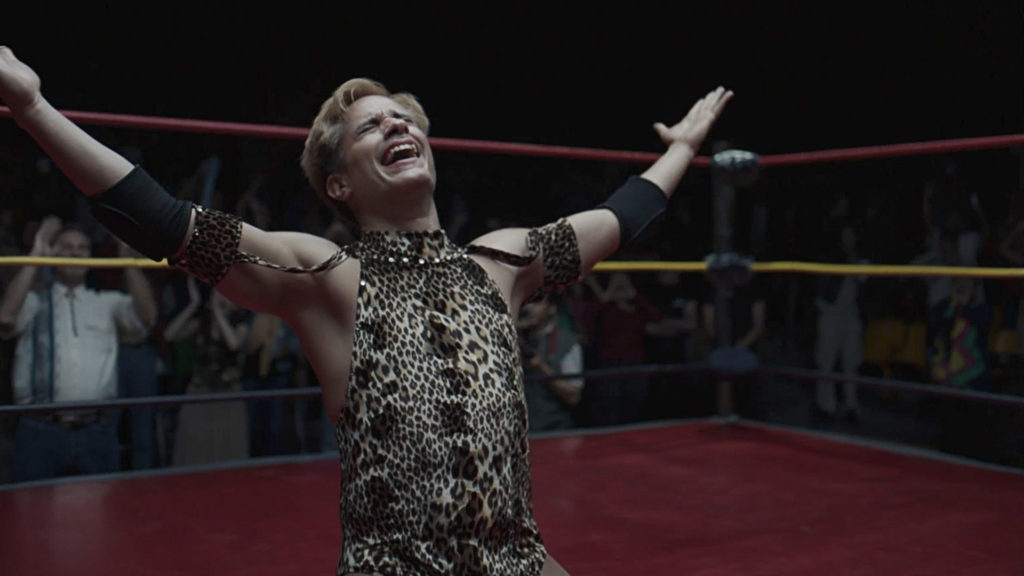
Cassandro
In the lucha libre wrestling scene of Juárez, Mexico, gay luchador Saúl is tired of playing El Topo, a nondescript, masked runt who always loses his matches. He wants to be a star. His fierce new trainer, Sabrina, suggests he develop an exótico character — an unmasked, stereotypically effeminate role audiences love to hate. But exóticos never get to win. All that changes when Saúl debuts the flamboyant and powerful Cassandro, who captures the crowd’s attention and affection. But how will Cassandro’s ascent affect Saúl’s relationship with his mother — still pining away for his unavailable father — and with Gerardo, Saúl’s secret lover?
Academy Award–winning documentary filmmaker Roger Ross Williams (Life, Animated, 2016 Sundance Film Festival) makes his fiction directorial debut with the real-life tale of Cassandro, the “Liberace of lucha libre,” crafting an engaging origin story for an outsider turned unlikely superstar. Gael García Bernal embodies the two distinct sides of Saúl, capturing both his feelings of otherness and the boisterous ring persona who embraces and revels in his difference.
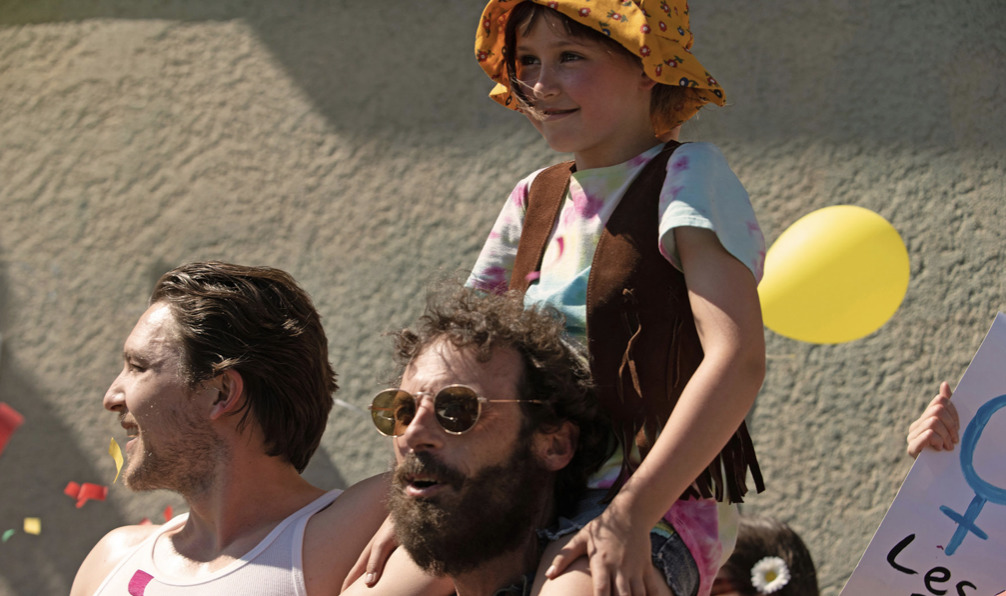
Fairyland
Following the sudden and tragic death of her mother, young Alysia is uprooted by her father Steve in hopes of restarting his life. They move to 1970s San Francisco where Steve develops his poetic and personal writing and begins to openly date men. Steve’s bohemian lifestyle clashes with the expectations of parenthood from both the outside world and Alysia herself, who occasionally wishes for less of the independence her father gives her. As Alysia grows into a young woman on the cusp of adulthood, their bonds and duty to each other are tested in painful and sudden ways.
Based on Alysia Abbott’s 2013 memoir and elegantly told by writer-director Andrew Durham in his debut feature, Fairyland is a film about a family unique for its time but instantly recognizable. Actors Scoot McNairy and Emilia Jones beautifully capture the complex mix of fealty, embarrassment, and pride that are part of any father-daughter relationship, but especially one set in 1970s and ’80s San Francisco with its indelible legacy of loss and love.
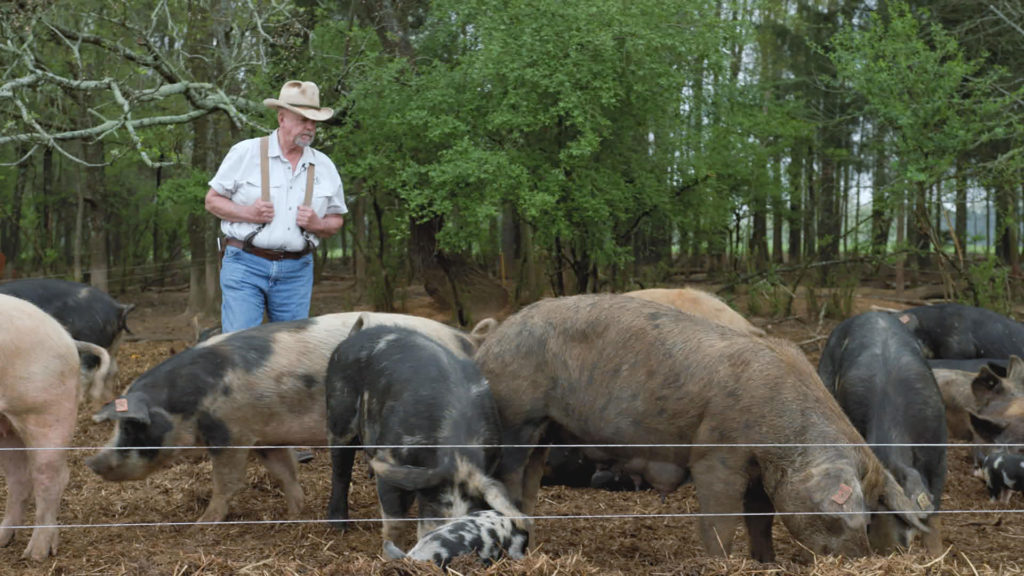
Food and Country
Trailblazing food writer Ruth Reichl worries about the fate of small farmers, ranchers, and chefs as they wrestle with both immediate and systemic challenges. As the pandemic takes hold, she reaches across political and social divides to discover innovators who are risking it all to survive on the front lines. The film transcends the health crisis, laying bare how America’s decades-old policy of producing cheap food at all costs hobbles purveyors who are striving to stay independent. What began as a journalistic endeavor blooms into a series of intimate friendships. As Reichl witnesses and follows intrepid characters puzzle through intractable circumstances, she takes stock of the path she’s traveled and the ideals she left behind. Through her eyes, we learn to understand the humanity and struggle behind the food we eat.
Filmmaker Laura Gabbert (City of Gold, 2015 Sundance Film Festival) teams with Reichl to tell an expansive history behind an ever-more consolidating food industry. The film covers a rich cultural spectrum, from fine dining rooms to farmlands, discovering passionate, inspirational changemakers along the way.
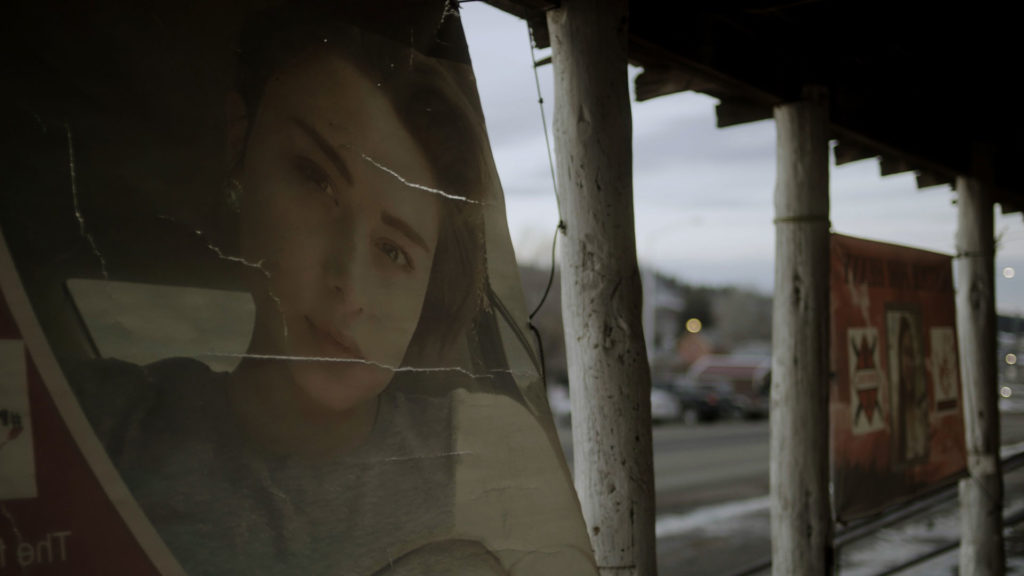
Murder in Big Horn
Within the past decade, dozens of young Indigenous women and girls from the Crow and Northern Cheyenne Nations have disappeared from Montana’s Big Horn County and its surrounding areas. Understandably, grieving Native families who fear the worst press local law enforcement for answers, but their pleas are most often met with silence or indifference. Arrests in these cases are rare, and convictions are virtually nonexistent. Elsewhere in America, similar stories shock communities and become nationwide news, but when they occur on Native reservations, a circle of bereft family members, friends, and activists are left to fight for justice on their own.
Murder in Big Horn examines the circumstances surrounding many of these cases, told solely through the perspectives of those involved: Native families, Native journalists, and local law enforcement officers. Directors Razelle Benally (Oglala Lakota/Diné) and Matthew Galkin craft a powerful portrait of tribal members and their communities battling an epidemic of Missing and Murdered Indigenous Women (MMIW) that was set in motion almost 200 years ago.
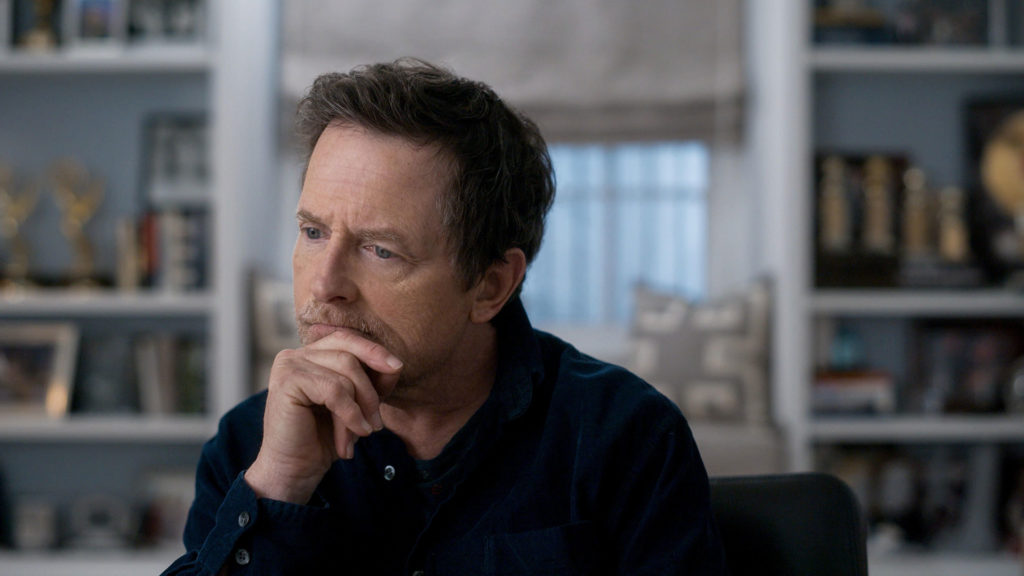
STILL: A Michael J. Fox Movie
At age 16, an undersized army brat landed a part as a 12-year-old on a Canadian television show. Confident he could make it in the U.S., he moved into a tiny apartment in the slums of Beverly Hills. Three years later, he was struggling to scrape by and ready to retreat. But then came his breakout roles — Alex P. Keaton on the sitcom Family Ties and Marty McFly in the Back to the Future trilogy — and a superstar was born. Michael J. Fox dominated the industry for most of the 1980s and ’90s, but a diagnosis of Parkinson’s disease at age 29 threatened to derail his career.
Fox’s improbable story sounds like the stuff of Hollywood, so what better way to tell it than through scenes from his own work, supplemented with stylish recreations? Owning his own narrative, the actor playfully recounts his journey with intimacy, candor, and humor. In the hands of Davis Guggenheim (An Inconvenient Truth, 2006 Sundance Film Festival), Still reveals what happens when an eternal optimist confronts an incurable disease.
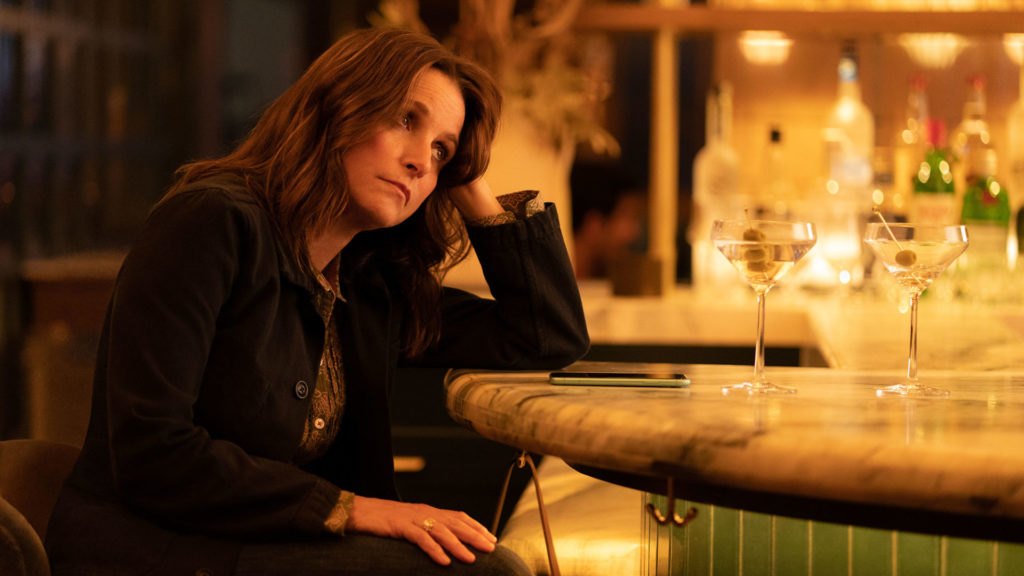
You Hurt My Feelings
New York novelist Beth has been working for years on the follow-up to her somewhat successful memoir, sharing countless drafts with her approving, supportive husband Don. Beth’s world quickly unravels when she overhears Don admit to her brother-in-law, Mark, that actually, he doesn’t like the new book. She vents to her sister Sara that decades of a loving, committed marriage pale in comparison to this immense betrayal. Meanwhile, therapist Don faces his own professional problems as he finds himself unable to care about or even recall his unhappy patients’ issues anymore… and they’ve begun to notice.
Writer-director Nicole Holofcener returns to Sundance for the fourth time with a cleverly observed, witty film that delicately skewers its sharply drawn, imperfect characters’ insecurities, privilege, and narcissism. Julia Louis-Dreyfus and Tobias Menzies lead a uniformly superb, funny cast, as they pull everyone around them into the fallout of navigating whether loving someone also requires loving their work. Michaela Watkins stands out as the frank, unflappable Sara, who handles her own marriage to sensitive actor, Mark (played with charm by Arian Moayed), much more deftly.
NEXT
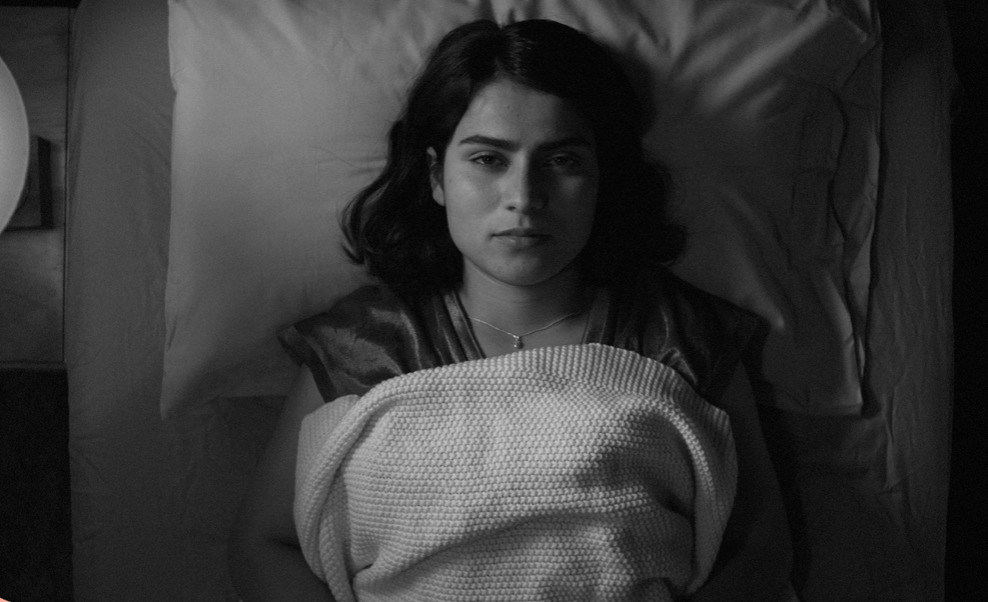
Fremont
Beautiful and troubled 20-something Donya, an Afghan translator who used to work with the U.S. government, has trouble sleeping. She lives by herself in Fremont, California, in a building with other Afghan immigrants and often dines alone at a local restaurant watching soap operas. Her routine changes when she’s promoted to writing the fortunes at her job at a fortune cookie factory in the city. As her fortunes are read by strangers throughout the Bay, Donya’s smoldering longing drives her to send a message out to the world, unsure where it will lead.
Shot in black and white, and with warmth and a wry sense of humor, director Babak Jalali has crafted a loving portrait of a young woman haunted by the past but still filled with desire for companionship and connection. Featuring a cast of unforgettable, unique characters, and anchored by a beguiling debut performance from real-life Afghan refugee Anaita Wali Zada, Fremont is an ode to the curious beauty of trying to build a new life in a strange land.
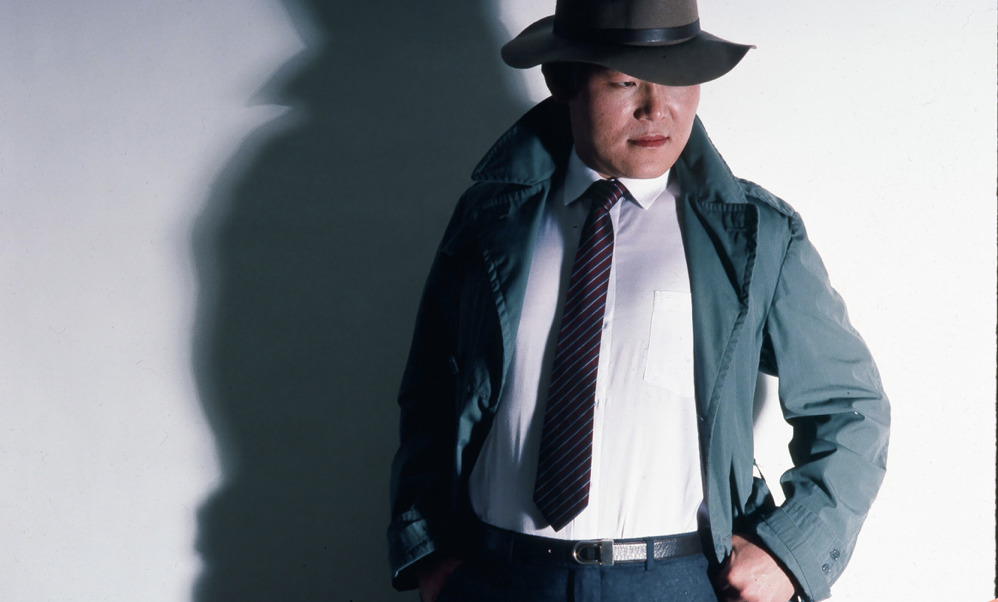
Kim’s Video
For two decades, New York City cinephiles had access to a treasure trove of rare and esoteric films through Kim’s Video. Originally run by the enigmatic Yongman Kim out of his dry-cleaning business, his franchise eventually amassed 55,000 rental titles. In 2008, facing a changing industry, Mr. Kim offered to give away his collection provided that it stay intact and be available to Kim’s Video members. In a bid to revitalize tourism, the small Italian village of Salemi, Sicily became home to the archive. But after the initial publicity faded, so too did any sign of the collection. Enter filmmaker David Redmon, who credits Kim’s Video for his film education. With the ghosts of cinema past leading his way, Redmon embarks on a seemingly quixotic quest to track down what happened to the legendary collection and to free it from purgatory.
David Redmon and Ashley Sabin’s playful documentary embraces various filmic forms, from cine-essay and investigative nonfiction to experimental cinema and even heist movies, to fashion an ode to the love of cinema and the enduring power its stories hold.

